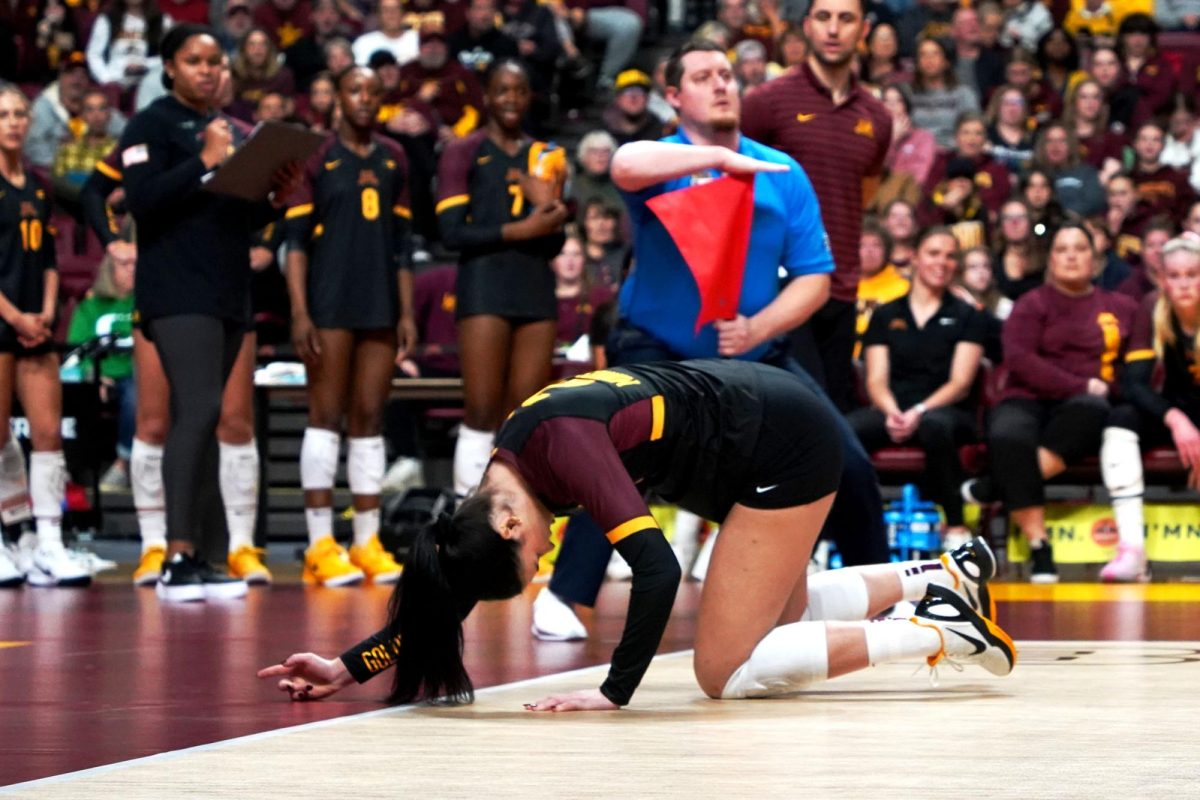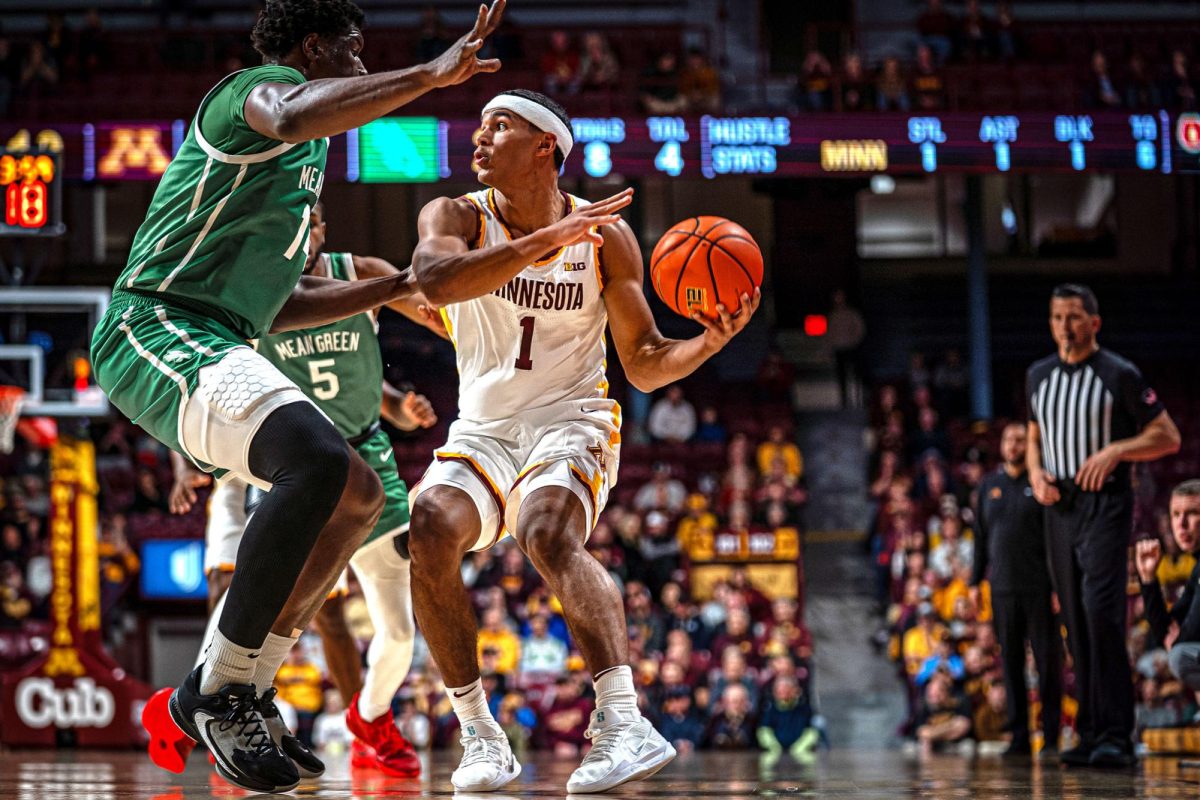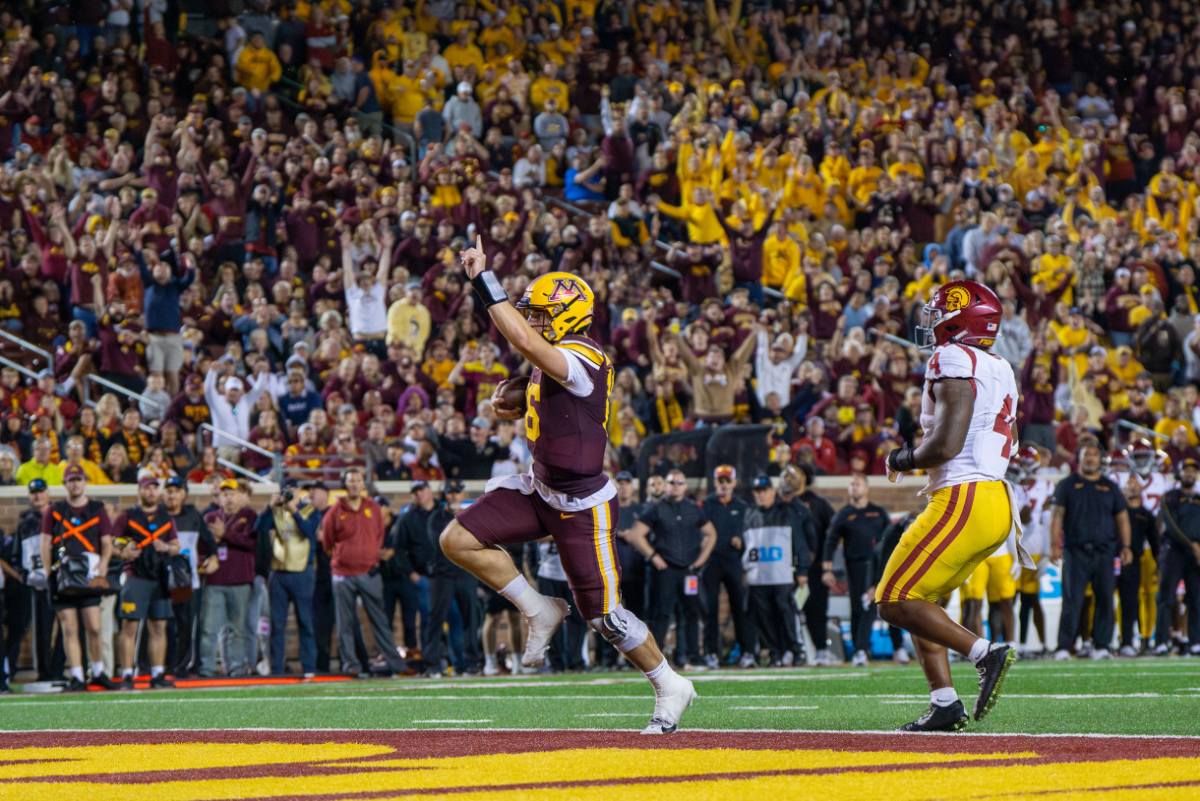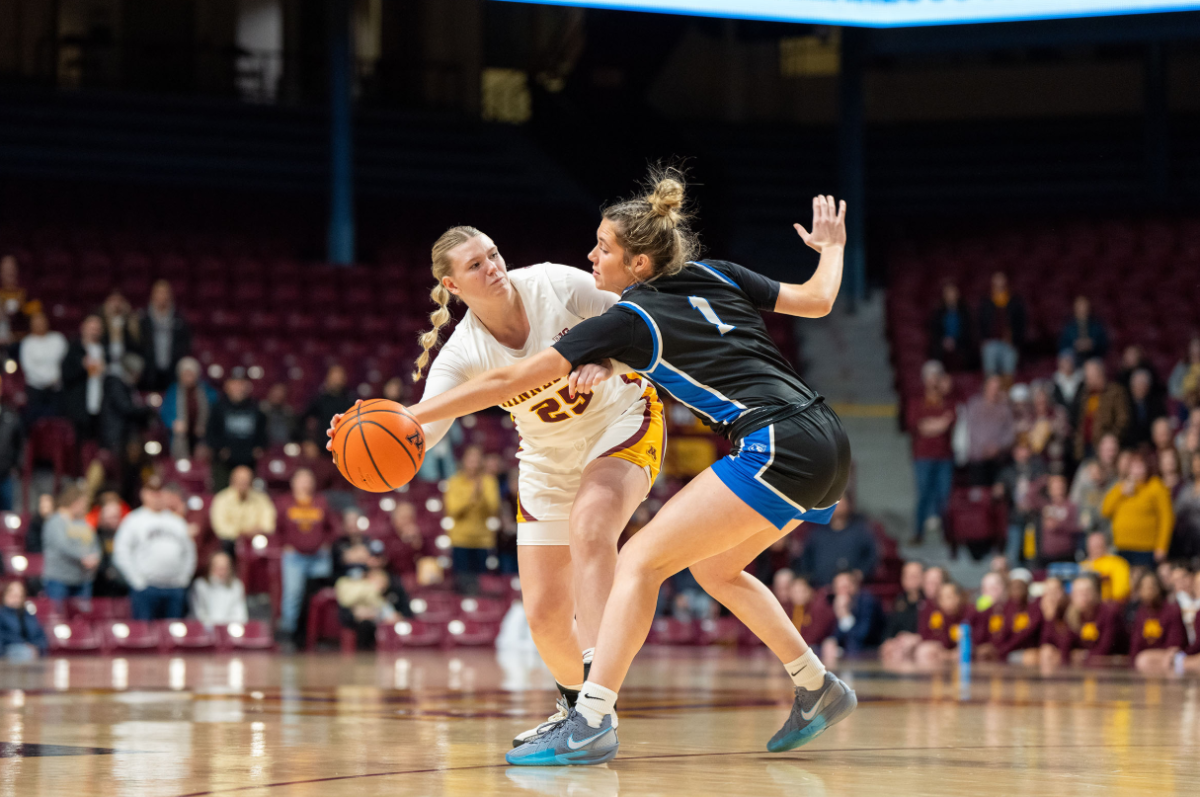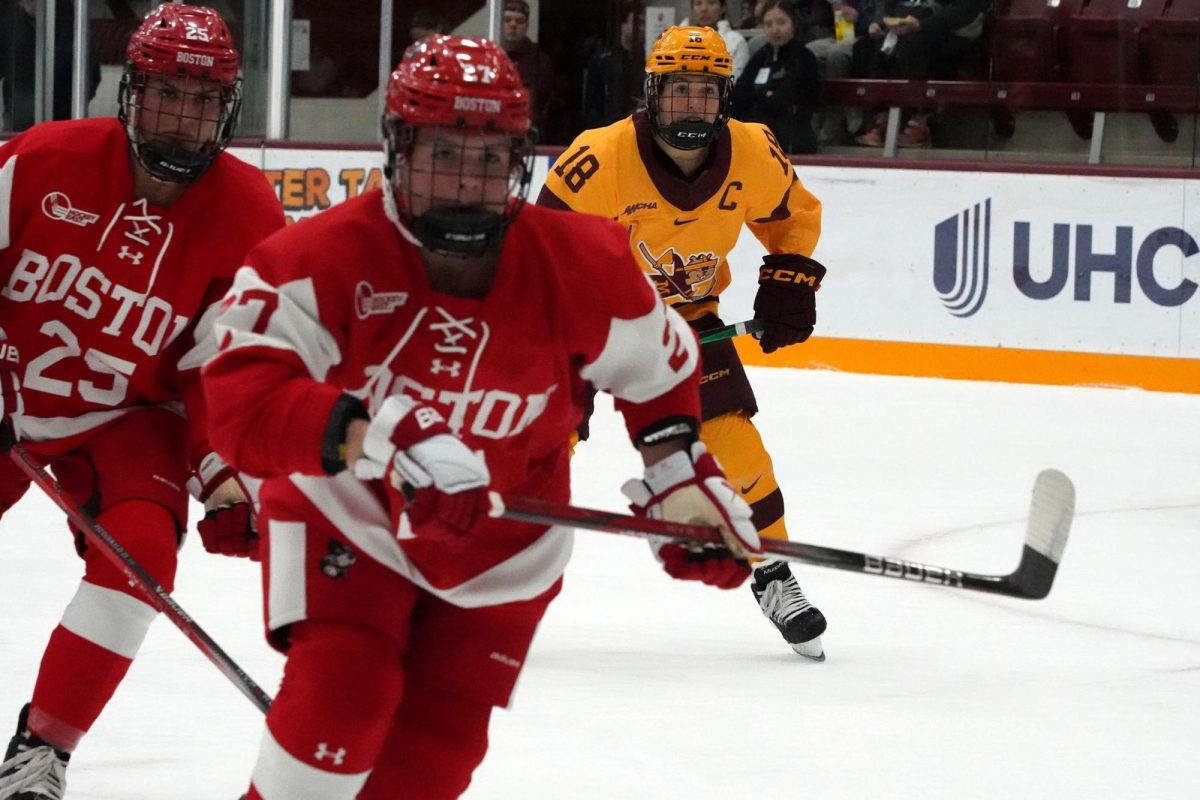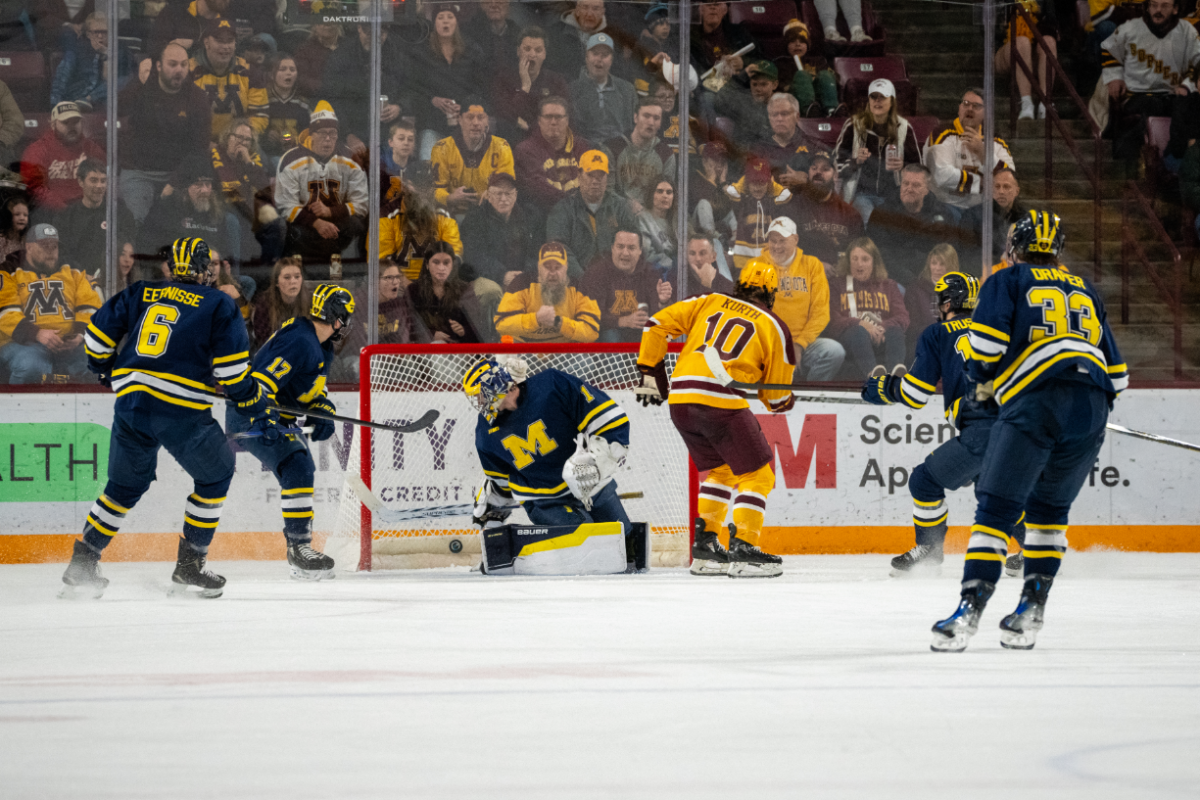The NCAA Division I Management Council voted unanimously to repeal a rule that limits men’s basketball scholarships Monday, preferring a format based more on universities’ academic results.
The NCAA currently limits each university to five scholarships per year or eight in two years, NCAA officials said. But universities cannot replace scholarship players who lose eligibility.
The new rule would allow institutions with good academic histories to replace scholarship players who leave the team, but universities with poor academic records could not. The NCAA’s limit of 13 total scholarships per roster would remain intact.
“We want to get better-prepared students to come into our programs so that there is not poor academic performance but indeed improved academic performance,” Management Council Chairwoman Christine Plonsky said.
She said athletes need to remember coursework should come first while competing athletically is a privilege. Universities are doing a better job recruiting student-athletes who perform well academically, she said.
The NCAA Committee on Academic Performance will track graduation rates and monitor schools’ eligibility under the program.
“We need to know semester by semester, quarter by quarter, how our student-athletes are progressing with regards to eligibility, whether they’re retained on our teams and eligible at the same time and are they progressing toward degrees?” Plonsky said.
NCAA President Myles Brand said it was important to change the scholarship rule because it has had the unintended effect of hurting some schools with good graduation rates.
“If you have a very high-performing team that graduated almost everyone, that team’s not going to be affected,” Brand said. “But if it turns out they haven’t had a good graduation rate – and we haven’t set that number yet – then that school will be affected.
“So there is some reward – some incentive, if you like – to having a high-performing academic team. It gives you a little leeway,” he said.
The new rule would take effect immediately if the Board of Directors approves it, Brand said.
Because of NCAA sanctions resulting from the University’s men’s basketball academic scandal, one of the University’s 13 scholarships is withheld. It
will expire this year so the team will have its full allotment next year, University Compliance Director Frank Kara said.
The Management Council also reviewed an NCAA recruiting task force’s recommendations Tuesday.
The task force has suggested eliminating extravagant meals, lodging and transportation. The panel also asked institutions to develop internal policies to address problems including the use of alcohol and sexual activities in recruiting.
Task force Chairman S. David Berst said the Management Council generally supported the recommendations. But the council asked for more accountability from institutions, possibly including an NCAA approval process for internal policies, he said.
The task force’s recommendations should help alleviate excessive spending on recruiting, Berst said.
“What we’re really trying to do is find a way to shift from an environment where all we’re doing is competing with each other to see how we can best influence a prospect to pick our school and not necessarily for the right reason,” he said.
Athletics Director Joel Maturi has said he would support most of the task force’s suggestions.
“The nature of college recruiting is such that when one school does something to try to attract an athlete, you kind of try to outdo them – right or wrong,” he said. “So I think this policy should help to address that.”
The Management Council also discussed whether the number of official recruiting visits should be reduced and
whether institutions should be prohibited from providing entertainment money for official visits.
Management Council recommendations will be forwarded to the Board of Directors, which meets April 29.


